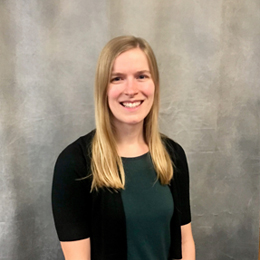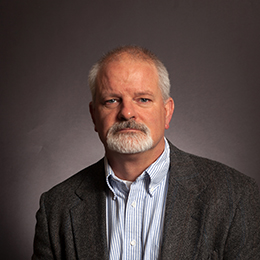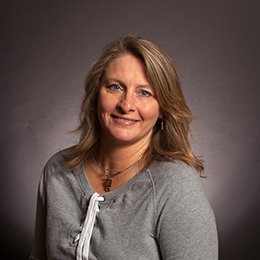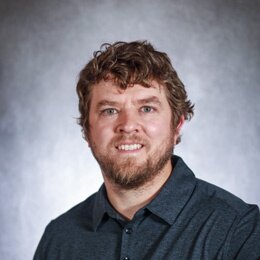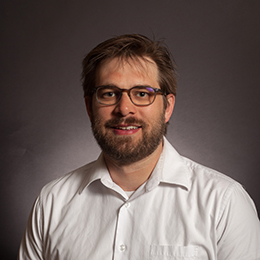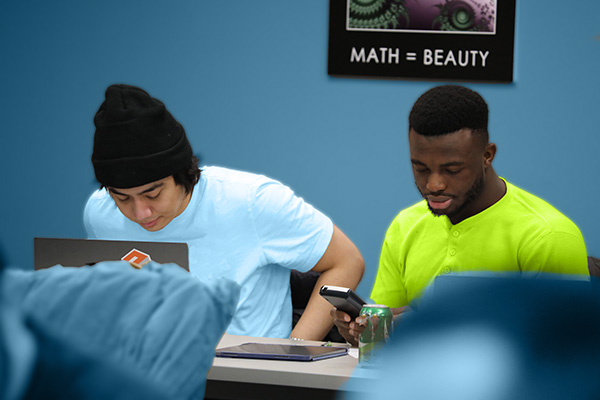Secondary Math Education Specialization
Program Quick Facts
Credits
120
Start Terms
Fall
|Spring
Available
On Campus
|Online
Tuition
$8,956.50
estimated cost per semester
Is Math in your Path?
Utilize your passion for numbers and prepare future mathematicians by earning a degree in mathematics with a specialization secondary education specialization. As a graduate of this program, you’ll be a master in teaching mathematics from algebra to calculus to statistics.
Study the sequences, series, polar coordinates, and improper integrals of calculus II, and learn about different geometries such as transformational geometry, three-dimensional geometry, and non-Euclidean geometries in modern geometry. Additionally, core courses in education like educational psychology and secondary/middle content area will prepare you for the classroom.
Paying for college
As part of our commitment to providing affordable options for all DSU students, we offer many scholarships and grants. Some financial aid opportunities are specifically available for the education degrees/majors in high-need teaching areas.
TEACH Grant eligible
Dakota State University's Bachelor of Science in Mathematics with a Secondary Education Specialization program is eligible for the federal TEACH Grant (up to $4,000 a year) for students who meet the academic requirements and are completing course work to begin a career in teaching. Students will need to complete a four-year teaching appointment with a school or educational service agency that serves low-income students. Learn more about the TEACH Grant.
Critical Teaching Needs Scholarship
The South Dakota Critical Teaching Needs Scholarship is available for students preparing to work in a critical need teaching area. Learn more about the scholarship.
Yearlong student teaching residency
As a mathematics secondary education student, you will complete a yearlong residency/student teaching capstone experience. You’ll have the opportunity to get real-life classroom experience, while still learning from professional mentors.

